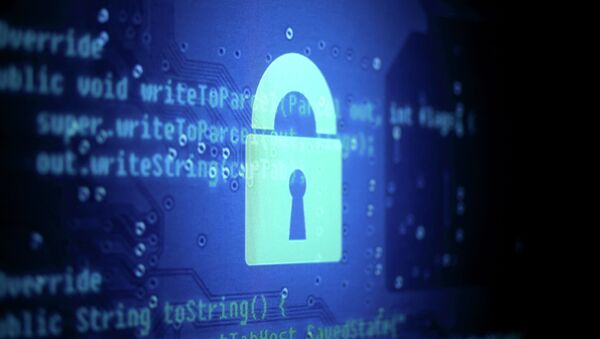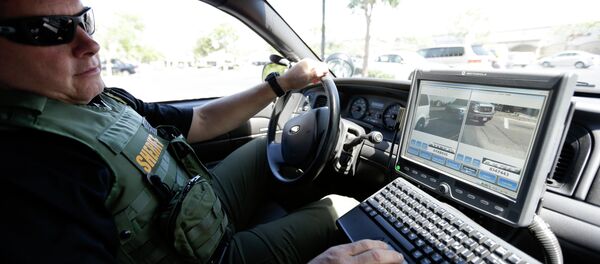"Here in HackingTeam we believe that fighting crime should be easy," the company’s website reads, and to that end it develops "offensive technologies" for surveillance purposes. It’s most popular product: the Remote Control System (RCS) spyware.
It can, in effect, be used to target anyone on the planet.
"Our technology is used daily to fight crime in six continents," Hacking Team’s website reads.
The company has come under intense criticism in the past for knowingly providing its technologies for the purpose of targeting journalists and activists. As such, Hacking Team faces strict export controls by the Italian government.
But the military isn’t the only one potentially making under-the-table deals with what appears to be a front company. The US Justice Department may also be involved.
"The [Drug Enforcement Agency] is seeking information from potential sources with a fully functional and operations product proven to be capable of providing a Remote Control Host Based Interception System for device or target specific collection pursuant to authorized law enforcement use," the DEA announced in 2012.
And a few months later, it, too, began making payments to Cicom. After an initial down payment of $575,000, the DEA will be paying off the total $2,410,000 in installments through 2017.
The DEA has seen its share of controversy recently. Earlier this month, a USA Today investigative report found that the Drug Enforcement Agency was collecting bulk telephone data nearly a decade before the National Security Agency began the practice, as revealed by former contractor Edward Snowden.
"The now-discontinued operation, carried out by the DEA’s intelligence arm, was the government’s first known effort to gather data on Americans in bulk, sweeping up records of telephone calls made by millions of US citizens regardless of whether they were suspected of a crime," wrote USA Today.
It was also revealed earlier this year that the DEA has been collecting license plate data to build a massive database about millions of Americans, as well as photographing individuals inside of their vehicles without consent.
"Using massive systems of automated license plate recognition devices absolutely violates our fundamental right to privacy," Nicholas Sarwark, Chairman of the US Libertarian National Committee, told Sputnik. "These systems allow the government to know everything about a person’s movements, especially when combined with facial recognition."






